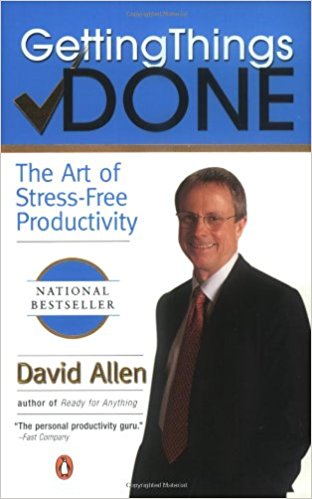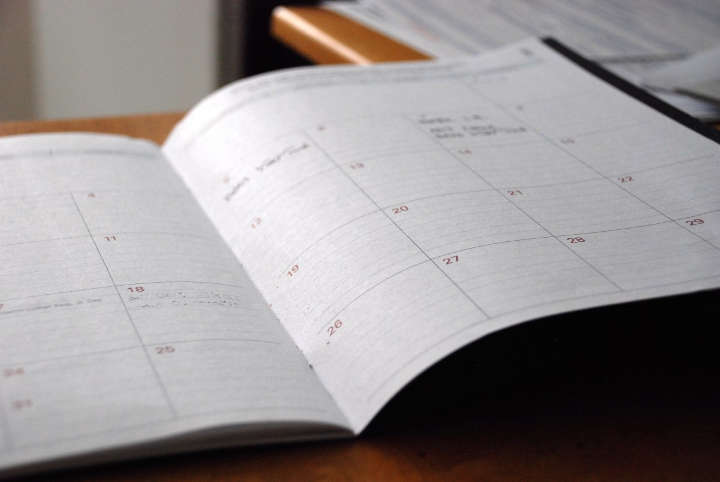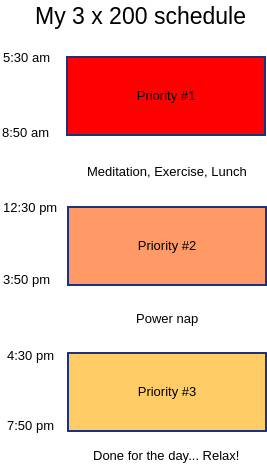Let’s start with a cliché. Our protagonist, Asha, is usually untidy, leaving her backpack on her bed and throwing her shoes in the middle of the hall after she comes back from work. Usually one of her socks finds its way under the furniture. A few pens spill out of the half open zipper of her backpack and fall on the bed. Asha has a hard time clearing out her bed every night she wants to sleep and an even harder time finding a matching pair of socks when she is in a hurry to leave for work. She is irritable and often harasses her mom to find her things for her.
Bunty wants to shed that extra fat from his tummy. He has enrolled for the gym and goes occasionally. But most of the time, life happens and Bunty either finds himself overeating while celebrating with friends or not going to the gym because he has something else to do. Even at the gym, he ambled around from machine to machine, getting a few reps, but doing anything effective.
On new year’s eve, both Asha and Bunty set resolutions. They vow to get tidy and get trim respectively. For the first week, everything works great. But, just after a week, things are back to what they were. Asha’s shoes are in the hall and Bunty is binging on extra large pizza, not having gone to the gym for two days.
How can we help Asha and Bunty stick to their resolutions? There are many solutions, but some of them work better than the others. My favourite is a method that political parties, engineering standards organisations and committees follow religiously. Writing and referring to a manifesto.
Continue reading The magic of a manifesto




 Book title: Getting Things Done: The Art of Stress-Free Productivity
Book title: Getting Things Done: The Art of Stress-Free Productivity





